Author Yuval Noah Harari
Nexus - A Brief History of Information Networks from the Stone Age to Artificial Intelligence (tentative translation) is an international bestseller. Nexus has sold copyrights to 52 countries.
AI will easily replace doctors
* After Sapiens, Homo Deus received both acclaim and controversy, what inspired you to continue exploring the journey of human development through Nexus?
- Sapiens is primarily about the past, explaining how a humble ape from Africa became the ruler of the Earth.
Homo Deus is set in the distant future, exploring how genetic engineering, AI, and other technologies could change or replace humanity in centuries to come. In both books, humans are the main actors.
In Nexus, on the other hand, the core is information. I want to give readers a historical perspective on the current AI revolution by exploring the impact of previous information revolutions.
I show how the invention of books led to the Bible and Christianity, how the invention of printing led to witch hunts and religious wars in 16th century Europe, how modern information technology led to the rise of both democracy and modern totalitarianism. In reviewing these, my goal is to explore the interaction between information technology and humans.
AI experts often find it difficult to assess how a new information technology will affect religion, culture, and politics .
Computer experts tend to have a naive view of history. When the internet came along, tech giants promised it would spread truth and freedom. That hasn’t happened.
* In the introduction to Nexus, you said: "We are living in the most profound information revolution in human history." So in the 21st century, with this revolution, how is human life changing?
- The biggest change is the speed of change. The world is becoming less predictable. Since the agricultural revolution, people have been quite sure that the jobs their parents did will still be what they need to do in the future. They can learn their parents' trades like raising livestock or growing rice.
Now, no one knows what people will be doing in 20 years. Many of our intuitions can be misleading. For example, doctors are often considered more important than nurses, at least when judged by their salaries and social status.
But AI will probably be more likely to replace doctors than nurses. Why?
Since the job of many doctors is mainly to analyze data about patients' symptoms and medical histories to diagnose diseases and suggest treatment solutions, data analysis is the type of work that AI will soon do much better than humans.
Nurses don’t just analyze data. They need good motor and social skills to change diapers or give a vaccine to a crying baby, for example. That’s much harder to automate. So we’ll probably have AI doctors long before we have robot nurses.
We are witnessing a reversal of life to a time before agriculture, when people were nomadic and had to adapt to a constantly changing environment. Technology is changing the world even as we stand still and we have to become much more agile to cope with those changes.
Nexus Books - Photo: Omega+
Today we have the most sophisticated information technology in history, but we are losing the ability to talk to each other or agree on the most basic things. Understanding how previous information revolutions have shaped history can help us understand the impact of the Internet and AI today.
Yuval Noah Harari
Invest in human and artificial intelligence equally
* In addition to the benefits, AI also brings many risks to individuals and businesses such as: creating fake content, violating privacy, cyber attacks... So what should we do to protect ourselves?
- We can learn from traditional financial regulations. Since coins and paper money have existed, they have always been technically counterfeitable.
This poses an existential threat to the financial system as it erodes confidence in money. If counterfeit money flooded the market, the financial system would collapse. However, anti-counterfeiting laws were enacted to protect confidence in money.
What was true of counterfeiting money is now true of counterfeiting people. Before AI, impersonating another person was socially sanctioned. But creating “fake people” was not banned because the technology to do so did not exist.
AI and bots can now impersonate themselves as humans. For example, when a bot spreads fake news on social media, it pretends to be human. Otherwise, no one would pay attention to what the bot says. These “fake humans” threaten to destroy trust between real humans.
So "fake humans" should be banned as vigorously as counterfeit money. If anyone complains that such strict measures violate freedom of speech, they should know that bots do not have freedom of speech.
This does not mean that all bots, algorithms, and AI should be banned from any discussion. Digital agents are welcome, as long as they do not pretend to be human.
* If you had the opportunity to talk directly to businesses that are creating AI and working with AI, what would you tell them?
- AI has enormous potential, both positive and negative. The question is what we choose to do with it. We must wisely develop human intelligence as much as we develop AI. For every dollar spent on AI development, we should spend another dollar on developing human intelligence, otherwise we will not use AI wisely.
AI is still in its early stages, and humanity has a lot of untapped potential. And it would be tragic to lose it without even realizing it exists.
Let's work to help humans become more empathetic and creative as we currently do to develop potentially dangerous AI.
Author Yuval Noah Harari - Photo: NVCC
Understanding identity to navigate
* After Nexus, will you have a book predicting the development trend of humanity after the AI era?
- I am completing a series of books for children called Unstoppable US, which aims to prepare them for the 21st century by telling the entire history of humanity, from the Stone Age to AI, to help them understand who they are. Every child asks: "Who am I? Where do I come from?" To answer this question, they need to know the history of the whole world.
The ancient playwright Terence once said: "I am a man and nothing human is alien to me." This is absolutely true. Every individual is the heir to the entire creation of his predecessors.
But our nature is much deeper than that. All the inventions and ideas of the last few thousand years are just the outer shell. Deep within our bodies and minds, we contain things that have evolved over millions of years, long before humans came into existence.
The love between parents and children or the fear of monsters in the night are not invented by humans. These things are created through millions of years of evolution.
So Unstoppable US aims to connect children to their deep identity as human beings, the heirs of millions of years of evolution. Understanding their identity will help children navigate the new world created by AI.
Read moreBack to Topic page
LAM LAKE
Source: https://tuoitre.vn/author-nexus-cong-nghe-dang-thay-doi-the-gioi-khi-ta-van-dung-yen-20250330102556748.htm


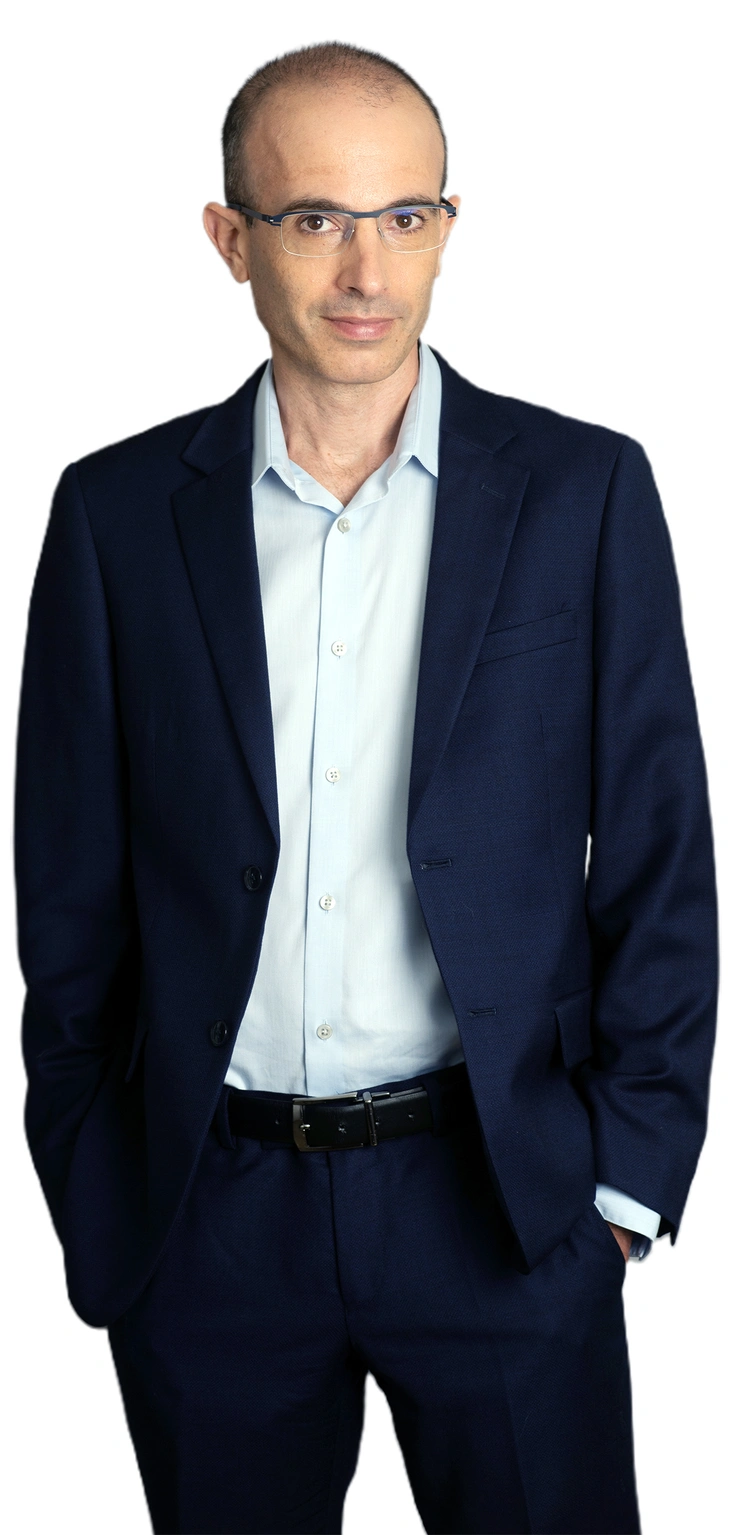







![[Photo] National Assembly Chairman Tran Thanh Man attends the inauguration ceremony of the Memorial Site of National Assembly Standing Committee Chairman Bui Bang Doan](https://vphoto.vietnam.vn/thumb/1200x675/vietnam/resource/IMAGE/2025/9/28/6feba23492d14b03b05445dd9f1dba88)
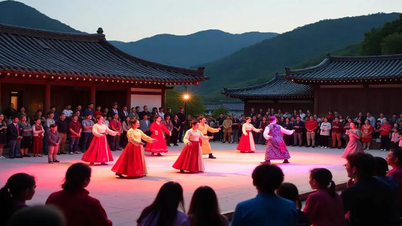







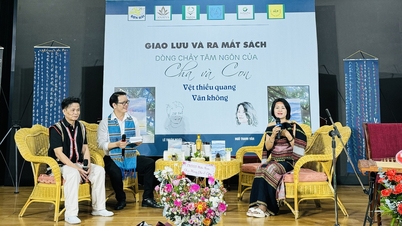




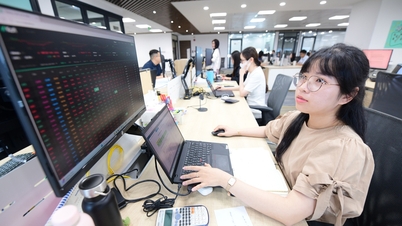






























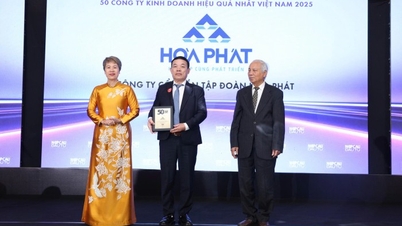









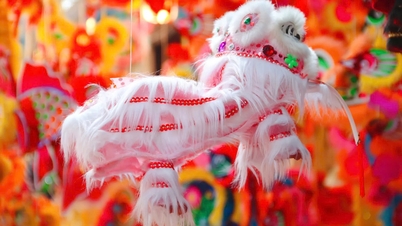




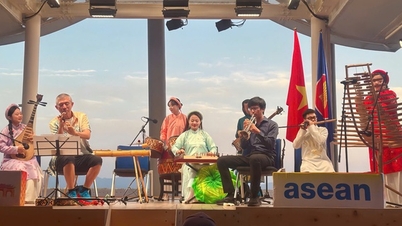

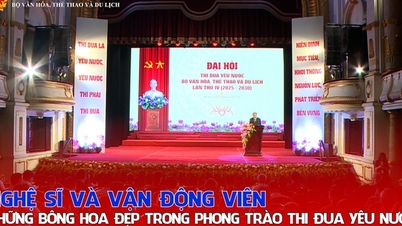

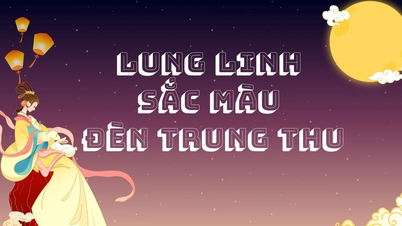
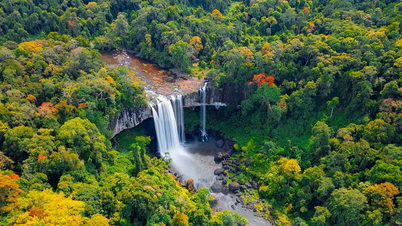



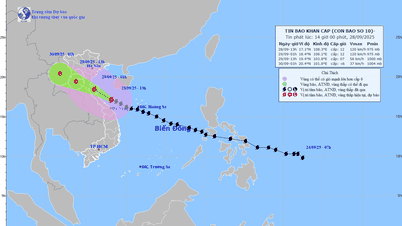
















Comment (0)